Oxford Illustrated Computing Dictionary
£6.70£9.50 (-29%)
From the basic program, file, online, browser, URL to the more technical toolbar, sprite, variable, Boolean, JavaScript, CMYK, sequence and simulation, this book supports parents and teachers as well as children with the key vocabulary needed to learn about computing and work with computers in the classroom and in their everyday lives. A fully illustrated supplement provides extended information and builds vocabulary on topics ranging from computer components, hardware and software to computer games, how the Internet works, and coding terminology in block coding and Scratch going on to Python.
This dictionary sits alongside the Oxford Primary Illustrated reference titles (the Primary Illustrated Dictionary, Thesaurus, Maths and Science titles), as well as supporting transition and lower secondary. It is also ideal for use with the International Primary Computing series for age 8+ and the Matrix Computing series for age 11+, and can be a key reference tool at school and at home.
For free downloadable activity worksheets, go to www.oxfordschooldictionaries.com http://www.oxfordschooldictionaries.com
Read more
Additional information
| Publisher | OUP Oxford (4 July 2019) |
|---|---|
| Language | English |
| Paperback | 128 pages |
| ISBN-10 | 0192772457 |
| ISBN-13 | 978-0192772459 |
| Dimensions | 18.5 x 0.72 x 24.1 cm |

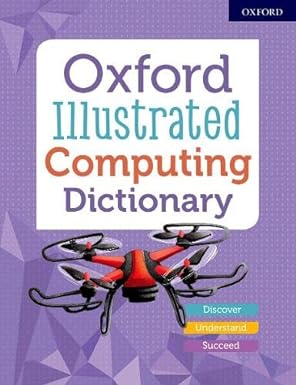
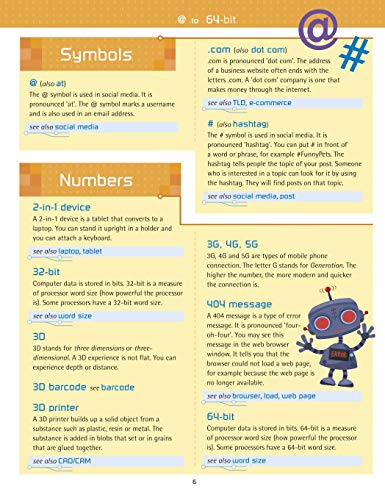
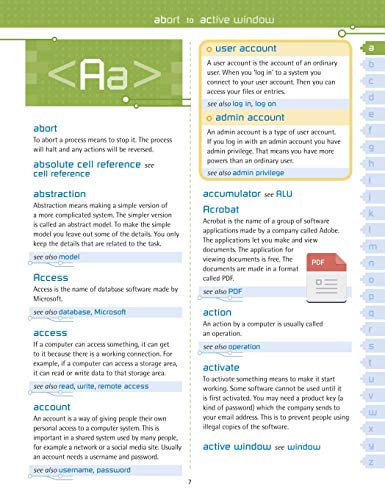
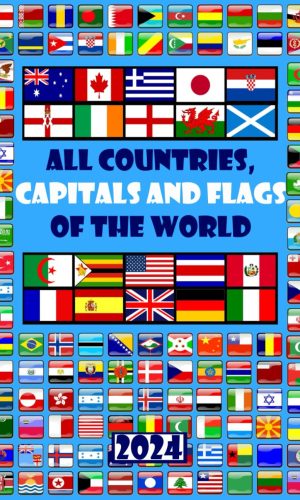
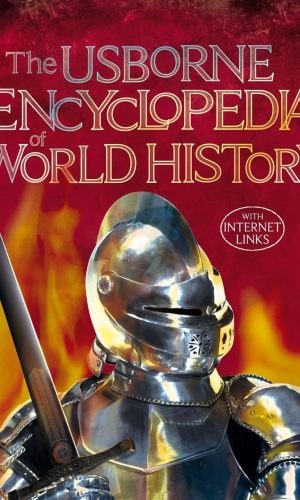

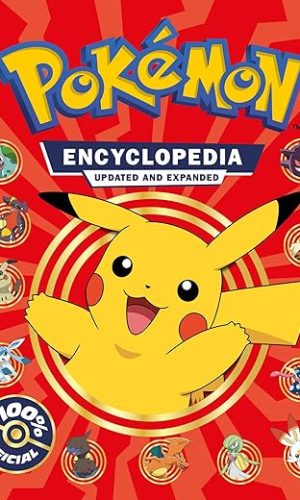
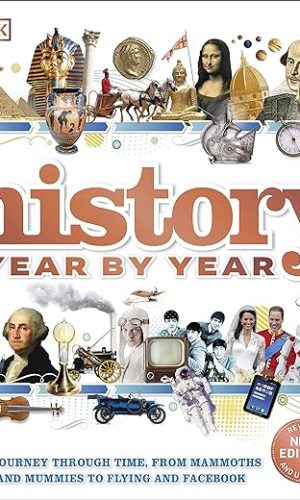
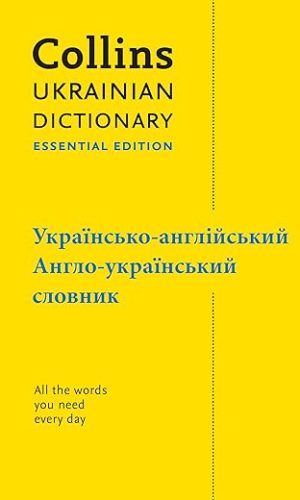
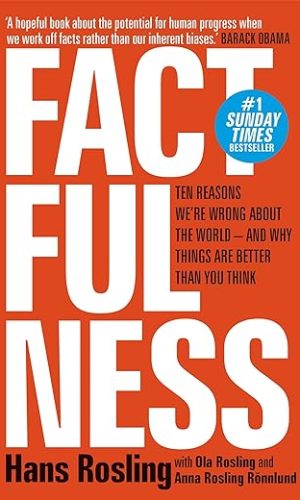
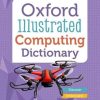
by CobWeb
This is a handy dictionary for primary school kids, it has loads and loads of entries, far more than I could have thought of and explains them in a simple way that is easy to understand. I gave it to my nine year old son who looked through it and insisted that he knew it all, I’m sure that is not the case but it does show to me how different things are now as pretty much none of these words even existed when I was his age (blimey that makes me sound old!). He didn’t know it all though and we spent time going through the dictionary and talking about various things. This book is a useful addition to our bookshelf.
by GeekyPixie
Nevertheless, this is a handy computing dictionary, organised alphabetically, with double page spreads at the back that include a basic ‘COMPUTING TIMELINE’ complete with key names in history, ‘PROGRAMMING IN SCRATCH’ & ‘PROGRAMMING IN PYTHON’.
Colourfully laid out and interspersed with illustrations (©Shutterstock), it is straightforward but informative and appears to be relatively up-to-date with dictionary entries that include, e.g. ‘MMORPG’ & ‘pharming’.
It further benefits from cross references that are dotted throughout.
From the INTRODUCTION:
???? ‘The Oxford Illustrated Computing Dictionary is a comprehensive quick reference guide to computing vocabulary for both the classroom and the home. It contains over 1000 computing words and terms from the curriculum, national and international, along with words in everyday use and technical vocabulary…’
ooOoo
~ OXFORD
~ ILLUSTRATED COMPUTING DICTIONARY
~ OUP
~ COMPILERS: ALISON PAGE & ANDREW DELAHUNTY
‘Discover ~ Understand ~ Succeed’
‘Printed in China’
From the back cover (image below refers):
???? ‘Perfect for comprehensive up-to-date reference and curriculum support worldwide!
All the words you need to know about computing, programming and building computer games, at school and at home.
~ Understand every day computing words and technical terms easily
~ Build vocabulary in topics ranging from working with text and data to logic and programming
~ Use the supplement to learn all about the computing timeline, how the internet works and computer games
ooOoo
Well bound and measuring around 18.25 cm x 23.75 cm, the card cover illustrated by JENNY WREN, opens to 128 shiny finish pages, split as per the CONTENTS page (image below refers).
Preceded by an INTRODUCTION and ‘SYMBOLS & NUMBERS’, the DICTIONARY runs from ‘abort’ on page 7 through to ‘zoom’, on page 115.
[24 images attached ©OUP]
by CobWeb
Our grandchildren endlessly use their gaming consoles, ipads and pcs and are very literate with computing terms.
This book was primarily to help me keep up with them.
I taught technology before i retired and although I try to stay current the descriptions and illustrations in this book have enabled me to have a crash course and a great source of reference. Enabling me to join or even lead the conversation with my grand children, hopefully encouraging them do more than play games.
This is a very useful resource for every home, with or without grand children.
by GeekyPixie
I’m a web developer and got this out of genuine curiosity to see if I’d learn anything and also to show my nieces and nephews to give them an insight into the computing world. I think it’s really well written, well-structured but has some questionable words that I’m not sure are super relevant.
Pros:
– Has a clear alphabetical reference and glossary you can easily flick through and find words of interest
– If a word isn’t fully explained (like defragment), it will hint and tell you what other words to find to fully understand the original word (ie defrag references fragment)
– The pages are broken up with illustrations which keeps things interesting and visually rewarding for young people, it also makes the geeky world of complex tech a bit more lighthearted!
– Breaks down complicated things into simple explanations that would be easy to explain to children
– At the back, it has a 2-page spreads dedicated to subjects like explaining how the general internet works, computer games, computers and devices etc., all broken down into understandable steps
– Gives alternative words for the same word to help expand vocabulary
– Has some super techy content in there and some acronyms that a lot of adults probably forget the meaning of, so it’s a good book to have in general if you work in tech!
Cons:
– Contains some words I’d say aren’t super relevant to computing, like “GoPro” for example. Feels like they were looking for words to fill up certain letters rather than get down to the tech nitty and gritty! However, most words are relevant
All in all, for the price, if you have a young person who is interested in the world of computing (or want to brush up on things you should really know but we all forget), this is a great book as a starting place and a brilliant reference with immersive illustrations. It mentions loads of words which are useful to have in any tech person’s vocabulary and will certainly help anybody of any age on their computing career journey!